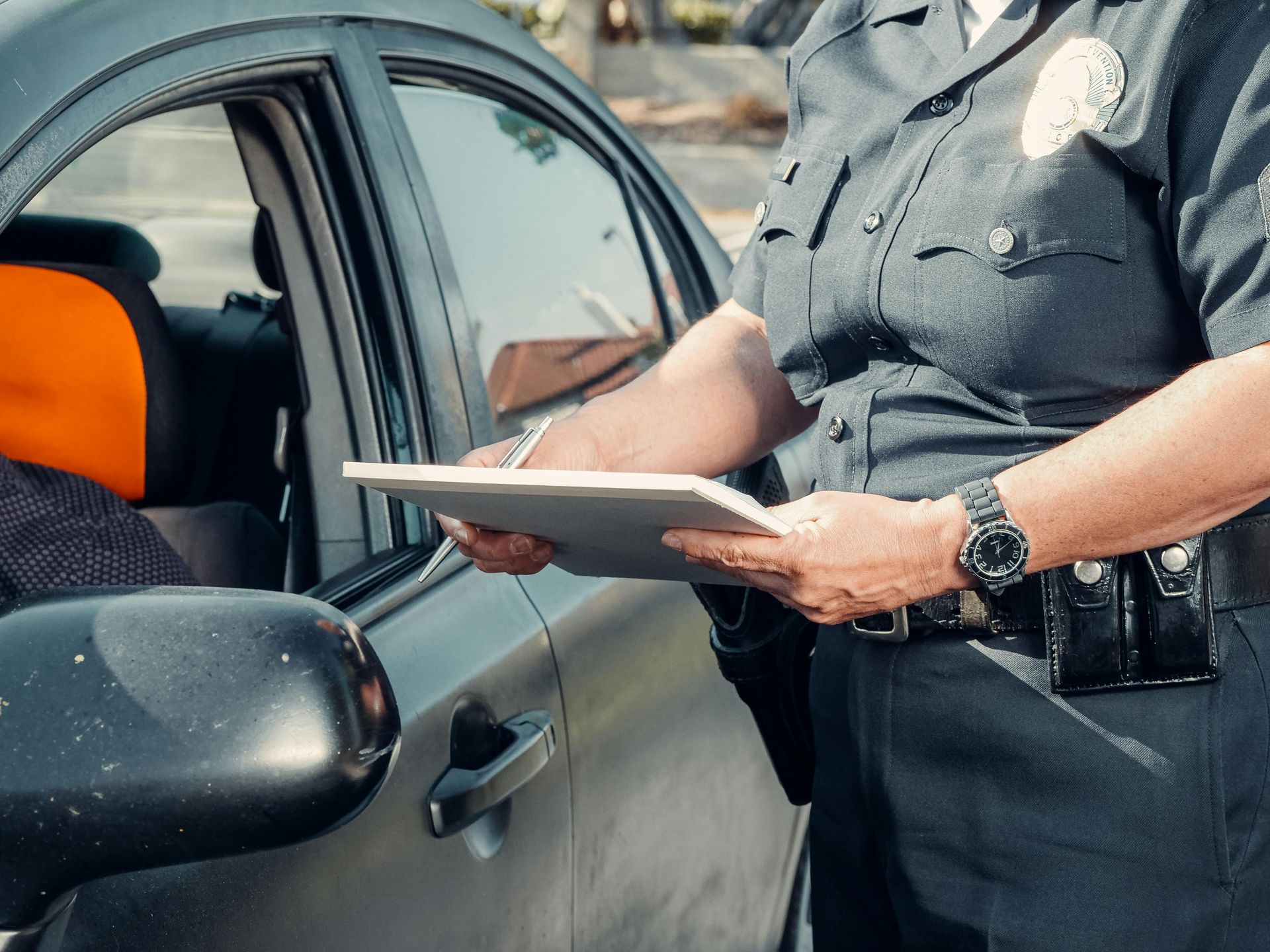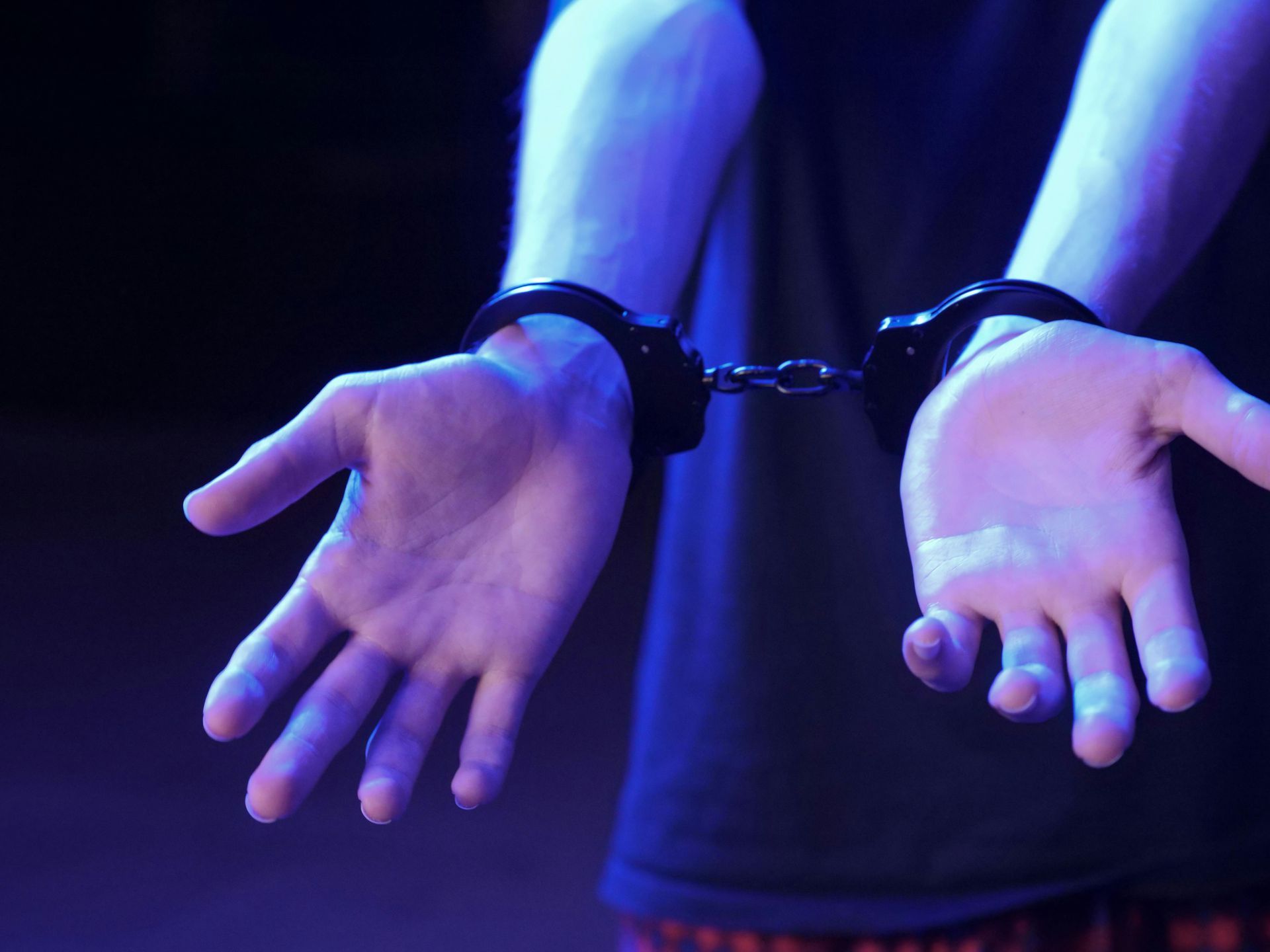Field Sobriety Tests: Are They Legally Required and Can You Refuse?

If you’ve been pulled over in Missouri and an officer suspects you’ve been drinking, you might be asked to perform a field sobriety test. These tests are designed to help police determine whether a driver may be under the influence of alcohol or drugs. But many drivers wonder the same thing — are these tests actually required by law, and what happens if you refuse?
What Are Field Sobriety Tests?
Field sobriety tests are physical and cognitive exercises that officers use during traffic stops. The most common standardized tests approved by the National Highway Traffic Safety Administration (NHTSA) include:
- Horizontal Gaze Nystagmus (HGN) – following an object with your eyes to detect involuntary movement caused by alcohol.
- Walk-and-Turn – walking heel-to-toe in a straight line and turning without losing balance.
- One-Leg Stand – standing on one foot and counting aloud to test coordination and focus.
These tests help officers establish probable cause for arrest, but they are not foolproof. Weather conditions, fatigue, nerves, medical conditions, or even uneven pavement can impact performance.
Are You Legally Required to Take Them?
In Missouri, you are not legally required to perform field sobriety tests. They are voluntary, which means you have the right to politely decline. Refusing these tests is not a crime in itself, and there are no automatic penalties for declining. However, refusal may still raise suspicion, and the officer can proceed with the arrest if they believe there is enough evidence of impairment from other observations.
It’s important to distinguish field sobriety tests from chemical tests (such as breath, blood, or urine tests). Chemical tests fall under Missouri’s implied consent law, meaning refusal of those tests can lead to automatic license suspension and other consequences. Field tests, however, do not fall under that statute.
The Risks of Taking or Refusing
If you agree to perform the tests, the results can be used as evidence in court. Unfortunately, these tests can be subjective, and even sober individuals can fail due to anxiety, poor coordination, or medical issues. On the other hand, if you refuse, the officer may rely on other observations such as slurred speech, odor of alcohol, or erratic driving.
Because each situation is unique, what’s “best” can depend on the individual’s circumstances. Drivers often make decisions under stress without fully understanding their rights or the potential outcomes.
What To Do If You’re Arrested
Being arrested for a DWI does not mean you are guilty. There are defenses available, and an experienced attorney can evaluate whether the stop, testing, or arrest was handled properly. Missouri courts require strict compliance with legal procedures, and errors by law enforcement can significantly affect a case.
Final Thoughts
Field sobriety tests can be intimidating, especially when you’re unsure of your rights. Remember — you can politely decline these tests in Missouri without facing automatic penalties. If you have been arrested or charged with a DWI, seeking immediate legal guidance is one of the most important steps you can take.
The attorneys at Kelly & Jansen, LLC have experience helping individuals across the Kansas City metro area understand their rights and navigate the complexities of Missouri’s DWI laws. If you have questions about a recent arrest or want to know your options, our team is ready to help you move forward with confidence.










